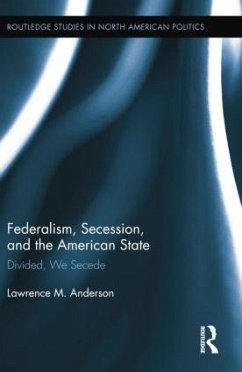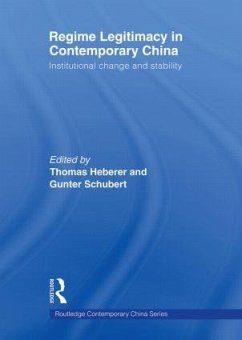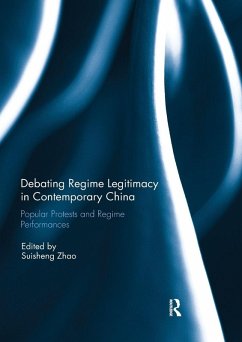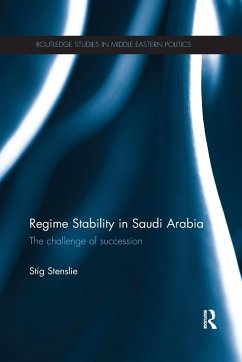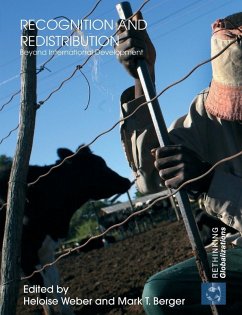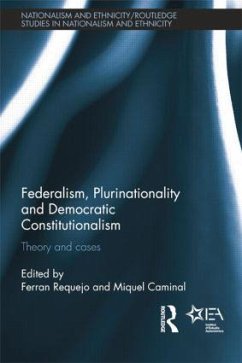
Federalism, Secession, and International Recognition Regime
Iraqi Kurdistan
Herausgeber: Danilovich, Alex
Versandkostenfrei!
Versandfertig in 1-2 Wochen
55,99 €
inkl. MwSt.

PAYBACK Punkte
28 °P sammeln!
Federalism is widely believed to be an efficient tool to quell ethnic conflict, yet recently there has been a pronounced global tendency among ethnic minorities to break away from larger nations. Iraqi Kurdistan, a region within the newly established Iraqi federation, also harbors plans to proclaim its own sovereign state. This volume analyses the factors that have caused the Kurds to change their minds about living in a federal Iraq, and the reaction of their neighbors and the international community at large. Using a broad theoretical framework of federal studies and secession theory, this b...
Federalism is widely believed to be an efficient tool to quell ethnic conflict, yet recently there has been a pronounced global tendency among ethnic minorities to break away from larger nations. Iraqi Kurdistan, a region within the newly established Iraqi federation, also harbors plans to proclaim its own sovereign state. This volume analyses the factors that have caused the Kurds to change their minds about living in a federal Iraq, and the reaction of their neighbors and the international community at large. Using a broad theoretical framework of federal studies and secession theory, this book examines the causes for the breakup of ethnic federations fuelled by nationalism as well as the international regime of recognition of newly formed entities. It provides a first-hand account and theoretically informed interpretations of the Iraqi situation, showing that federalism is not always a universal remedy for ethnic and religious conflicts; it also emphasizes that the international recognition regime is a significant variable in peoples' actions and aspirations to sovereignty. Enriching the ongoing debate on federalism and self-determination, this volume will appeal to scholars and students of politics, international relations, and comparative politics, as well as those interested in federalism, the Middle East and Kurdistan.





